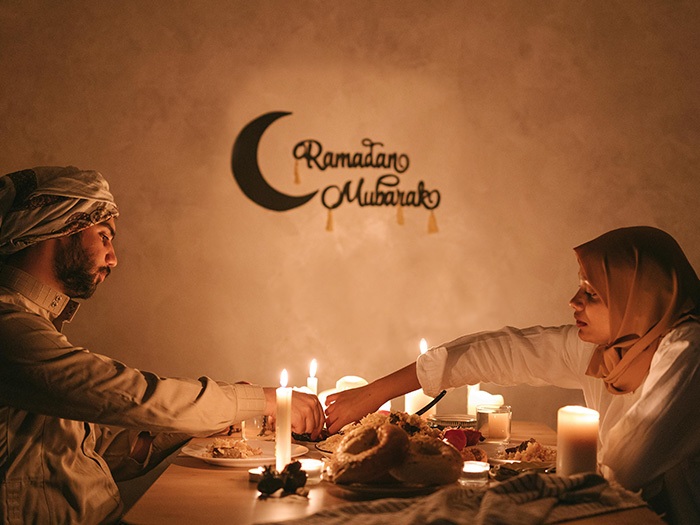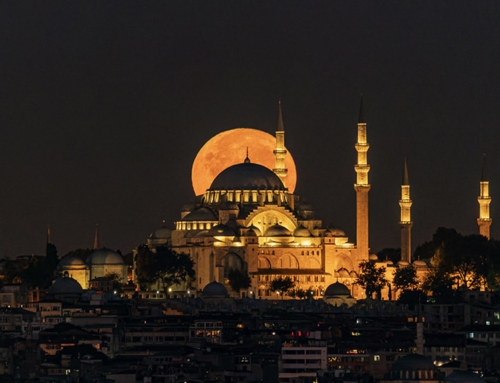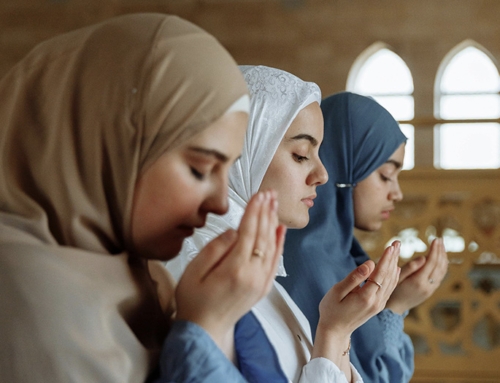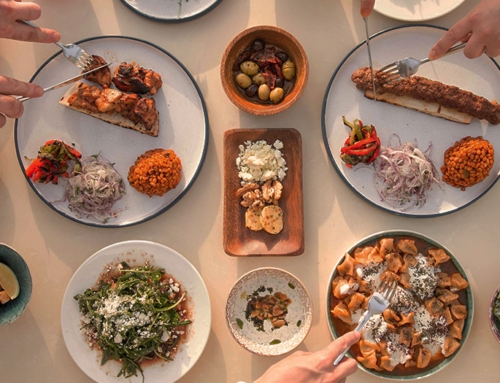Ramadan is the ninth month of the Islamic lunar calendar marked by fasting, spiritual reflection, and increased devotion. However, numerous myths and misconceptions persist about this important religious observance in Islam. This article aims to dispel some common misunderstandings.
Myth #1: Ramadan is only about fasting
While fasting from dawn to dusk is one of the most prominent obligations during Ramadan, focusing solely on abstaining from food and drink is misleading. Ramadan is equally about attaining spiritual purification through self-reflection, charity, communal prayer and reading the Quran. For instance, Muslims strive to perform intense nightly worship called tahajjud along with the five daily prayers. The holy month emphasizes being conscious of God in every action throughout the day, not just mealtimes. Just as fasting exercises physical discipline, the emphasis on patience, honesty, charity and seeking forgiveness exercises spiritual muscles. Ultimately, the goal of these practices is to carry the enhanced spirituality beyond Ramadan into daily life.
Myth #2: Fasting is solely about physical deprivation
The physical part of fasting, while challenging, act as mere reminders to focus on the deeper spiritual aspects of Ramadan. By abstaining from food and drink, Muslims hope to attain heightened God-consciousness and discipline over all their senses, speech and conduct. While fasting, Muslims remind themselves that being able to enjoy the blessings of daily sustenance must not be taken for granted. Simultaneously, fasting teaches empathy and awareness of those less fortunate who regularly endure hunger and thirst. Denying bodily urges from dawn to dusk trains mental strength. Just as vital, the hunger and thirst serve as cues to nourish one’s spirituality through prayer, charity, self-accountability and striving to be a better human being in all spheres. Thus, the physical rigors facilitate immense spiritual rewards.
Myth #3: Ramadan always falls on the same dates
Since the Islamic calendar follows lunar cycles rather than the sun, Ramadan rotates across all seasons over time. Ramadan falls 11 days earlier each successive year on the Gregorian calendar. For example, if Ramadan begins on March 11 this year, next year it will begin on March 1st. This means Ramadan occurs in different seasons for different parts of the 33-year lunar cycle. Winter Ramadans provide relatively comfortable, short fasting days for Muslims living in northern climates. Meanwhile, long summer fasts with over 15+ hours of daylight can be exhausting for Muslims residing nearer the equator. However, irrespective of climate or date, the duties and significance of Ramadan remain unchanging. Dates merely indicate when to commence fasting, the key is achieving spiritual enlightenment during whatever dates one’s Ramadan obligations must be fulfilled that year.
Myth #4: Ramadan is solely about personal piety
Certainly, Muslims strive to boost their Islamic devotion through augmented worship and reflection during Ramadan. However, to imply this is an entirely personal quest is inaccurate, as communal participation is also integral. Muslims break daily fasts together in large congregations at mosques and homes. Similarly, the extensive nightly Ramadan taraweeh prayers are conducted in congregation, meaning unified rows where the imam’s recitations are followed by ranks of worshippers. Zakat charity ramps up remarkably as well. Collectively donating staple foods allows entire communities to take responsibility for feeding the poor. Privileged Muslims also sponsor public iftars allowing less fortunate fasters to open fasts with dignity. Hence, in many ways, Ramadan reinforces both personal piety and collective welfare.
Myth #5: Fasting during Ramadan is harmful to health
Medical experts confirm that fasting poises no risks for most healthy individuals and can even boost immunity when done properly. However, those with diabetes, heart disease or other conditions should heed medical advice before fasting long hours. Key is maintaining optimal nutrition and hydration during nightly non-fasting times. Food choices when breaking the fast should provide nutrients to sustain energy including complex carbs, protein and vitamins. Staying well-hydrated curb headaches while the pre-dawn meal prevents risky blood sugar drops. Sleep loss is the main health concern, underscoring the importance of resting adequately between daily fasts. Overall, research shows intermittent fasting aids weight loss, blood pressure and cholesterol if implemented mindfully based one’s health profile. Of course, if one is sick, they are exempt from fasting.
Myth #6: Muslims fast only from food and drink
Fasting in Ramadan encompasses abstaining from all indulgences conducted in excess daily life. Besides skipping meals, Muslims refrain from smoking, inappropriate speech, arguments and the like during fasting hours. Outwardly restraining the body from food and drink serves as a reminder to inwardly cleanse negative thoughts and behaviors as well to please God. Desires centered around food, sleep, material pleasures must be reined in to uplift one’s morality and character alongside food abstinence. True fasting requires disciplining the self to avoid vices of the tongue like lies, gossip and hurtful words during Ramadan and beyond.
Myth #7: All Muslims must fast during Ramadan
Fasting Ramadan is only obligatory upon mentally and physically fit Muslims past adolescence. Concessions exempt children who haven’t reached the age of puberty, the sick, elderly, pregnant or menstruating women from fasting without requirement to make up missed fasts later. Additionally, those traveling long distances or facing life-threatening risks can break fasts and compensate by feeding the poor per missed day instead. Nevertheless, many exempted Muslims are eager to fast whenever their temporary condition allows, or even observe partial fasts to join the community spirit of Ramadan. Nevertheless, those who aren’t fasting still focus on maximizing other virtues and worships of Ramadan tailored to their capabilities.
Conclusion
Ultimately, the religious duties and spiritual qualities fostered in Ramadan serve a higher divine purpose beyond the month itself. Through self-restraint, reflection, generosity and communal worship, Muslims strive to attain moral and spiritual renewal, or “taqwa”. Achieving taqwa – living more mindfully of God – requires refocusing the body, mind and soul away from worldly distractions towards eternal considerations of faith. Thus, regardless of variable dates or locations, Ramadan provides guidance for nurturing the enduring human spirit.
The inner spiritual light attained during Ramadan is meant to impact one’s character and actions year-round. Patience, discipline and empathy exercised in fasts should translate into improved relationships and treatment of others daily. The Quran describes fasting as done for God alone, driving home its role as an act of devotion above all else. While not eating or drinking is the most apparent sacrifice, giving up anger, greed and other vices forms the truer test during Ramadan and beyond. Therefore, this holy month represents a divine annual reminder for Muslims to recalibrate and reinvest in their spiritual priorities, deficits easy to overlook immersed in mundane routines. Viewed through this lens, voluntarily taking on heightened worship and abstinence for a month serves to regenerate one’s connection to faith in a heedless world. Have more questions? Call 877-WhyIslam, you deserve to know!
Got Questions?
We have Answers. Get in touch now.








